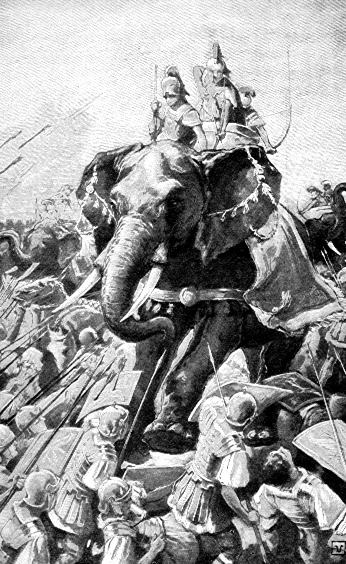Columnist David Warren, whose Canadian contrarian style I oft enjoy, or at least amusingly tolerate, recently claimed that defending Ukraine is worth a nuclear war, even the loss of most of humanity.
Here are his own words:
We assume a nuclear war would be a Bad Thing, and I admit there would be many inconveniences, including massive explosions and radiation fallout. For even with Russian oversights — the low standard of their upkeep and repairs — five thousand or so missiles have been pointed at us for a long time. We must expect to lose a few cities. The complete and permanent annihilation of Russia would not really compensate for this.
But perhaps it is just what the West — and more broadly, human civilization — needs. It would, as the leftists used to argue, cure us of our decadence, and there are many advantages an environmentalist might espy. The landscape around Chernobyl is now a more attractive wildlife preserve than it was when cluttered with generators and power lines. “Nuclear winter” may even be the remedy for “global warming.”
True, I might myself be among the victims, but I must not let this errant fact interfere with my objective judgement. On the planetary scale, there would be miscellaneous survivors, and we could anticipate the usual “baby boom,” that accompanies major wars. For the consequences have been much exaggerated by the media’s nervous Nellies, who predict the loss of life will be total. Yet from what we can know, thanks to science, there is doubt it would much exceed 90 percent. Tough, to be sure; but hardly an extinction.
Perhaps, this is all a bit tongue-in-cheek, as is oft his wont. But years ago, he wrote a rather serious justification of the bombing of Hiroshima and Nagasaki, so I think he’s actually (mostly) serious now about going nuclear, as may the case, alas, with whoever is actually running the U.S. administration at present. Whatever his intent, I would remind Mr. Warren, a professed and practising Roman Catholic, of one of the requirements of a just war from our Catechism:
the use of arms must not produce evils and disorders graver than the evil to be eliminated. The power of modern means of destruction weighs very heavily in evaluating this condition. (2309)
A nation has a right to defend its own borders, and even more so her people, but at some point this becomes counter-productive, with any possible ‘victory’ a Pyrrhic one.[1] Self-defense is a morally valid option, and often obligatory, especially when defending the otherwise defenceless, but we are not permitted to commit personal, national or global suicide to avoid evil, nor are we permitted to kill innocents. The billions who would be destroyed in Warren’s war scenario do not a statistic, or justification, make.
History, all the way back to the Old Testament (the Israelites under the Babylonians a case in point), is replete with peoples who were forced to submit to a hegemony, however unjust, they would rather not, in order to avoid even greater evils. The reasons for such subjection are mysterious in light of God’s providential design, as is all such suffering. We may resist and fight for a time, but at some point, practical reality must be faced, weighing our options, proportioning good and bad of the situation, and suing for what peace we might.
This is not ‘ninnie’-like cowardice, but simple and bold prudence. As the saying goes, courage is not so much how much suffering we can inflict, but how much we can bear. This life is a vale of tears; borders shift, leaders come and go, all earthly authority transient. Here we have no lasting homeland, which must wait for heaven.
I agree with Mr. Warren that we may well deserve such a cataclysmic disaster. We are mired in death, from abortion to euthanasia and much in-between, and a reckoning is on its way. Whatever suffering God does send will ultimately be for our good, in repentance and spiritual renewal. But if such is to come, let it be from God and not from us, through what means He wills. For to Him alone belongs such power over life and death.
[1] So called from Pyrrhus of Epirus, who triumphed over the Romans at the Battle of Asculum in 279 B.C., but which ‘victory’ resulted in the loss of most of his forces, and his ultimate defeat.


